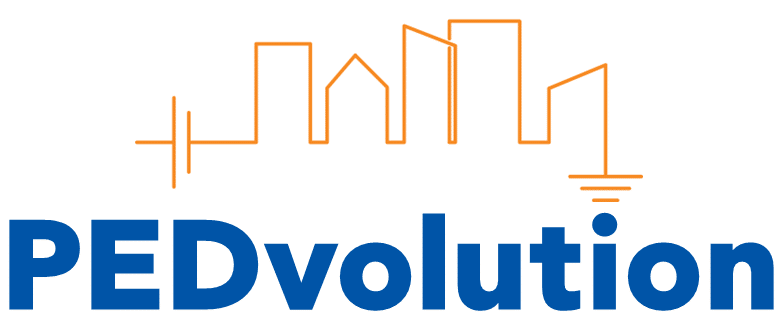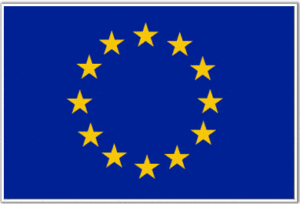The pinnacle of community driven energy transition are Positive Energy Districts (PED). They improve energy efficiency, integrate local renewables and excess heat more effectively and enable interaction with the energy and non-energy sectors like mobility, ICT and industry. The PEDvolution project paves the way for cross-sectoral integration of ever-evolving PEDs.
The Horizon Europe IA project’s vision is to change the landscape of energy transition across Europe, through a range of solutions enabling an integrated and interoperable approach that goes beyond mere technological. PEDvolution sets a new standard by enabling PED demonstration owners to receive tailored decision support that is streamlined to their specific local contexts and evolving needs, as well as the changing environment.
PEDvolution will establish seven interoperable solutions planned to be developed and tested at different dynamic environments. These are 1) PED Design and Planning Toolset, 2) PED Readiness Assessment, 3) Dynamic Decision Support Guideline for PED Development, 4) PED Energy Manager, 5) Data Exchange, Integration and Interoperability Platform, 6) PED Business Models, 7) Social Innovation tool.
This approach driven by the community enables citizens to collaboratively engage and merge with the local energy, transportation, and information and communication technology (ICT) systems, all the while fostering social innovation.

Prosjektansvarlig
 This project has received funding from the Horizon Europe research and innovation programme under Grant Agreement No 101138472.
This project has received funding from the Horizon Europe research and innovation programme under Grant Agreement No 101138472.

